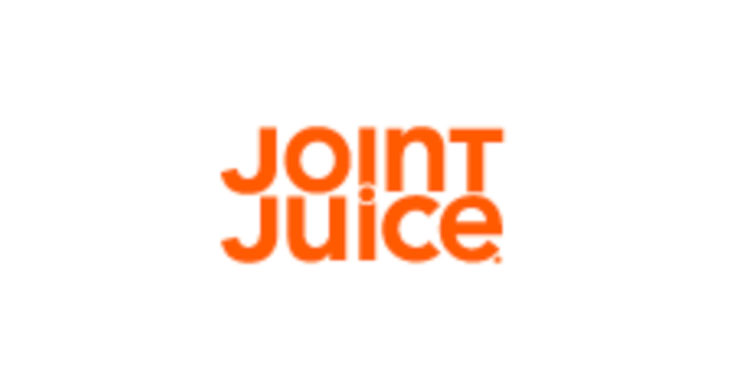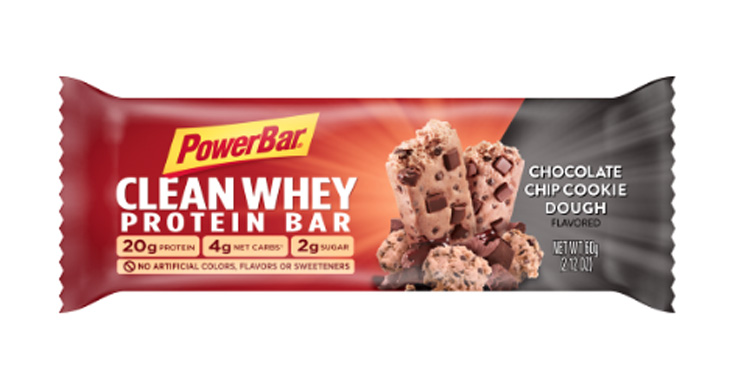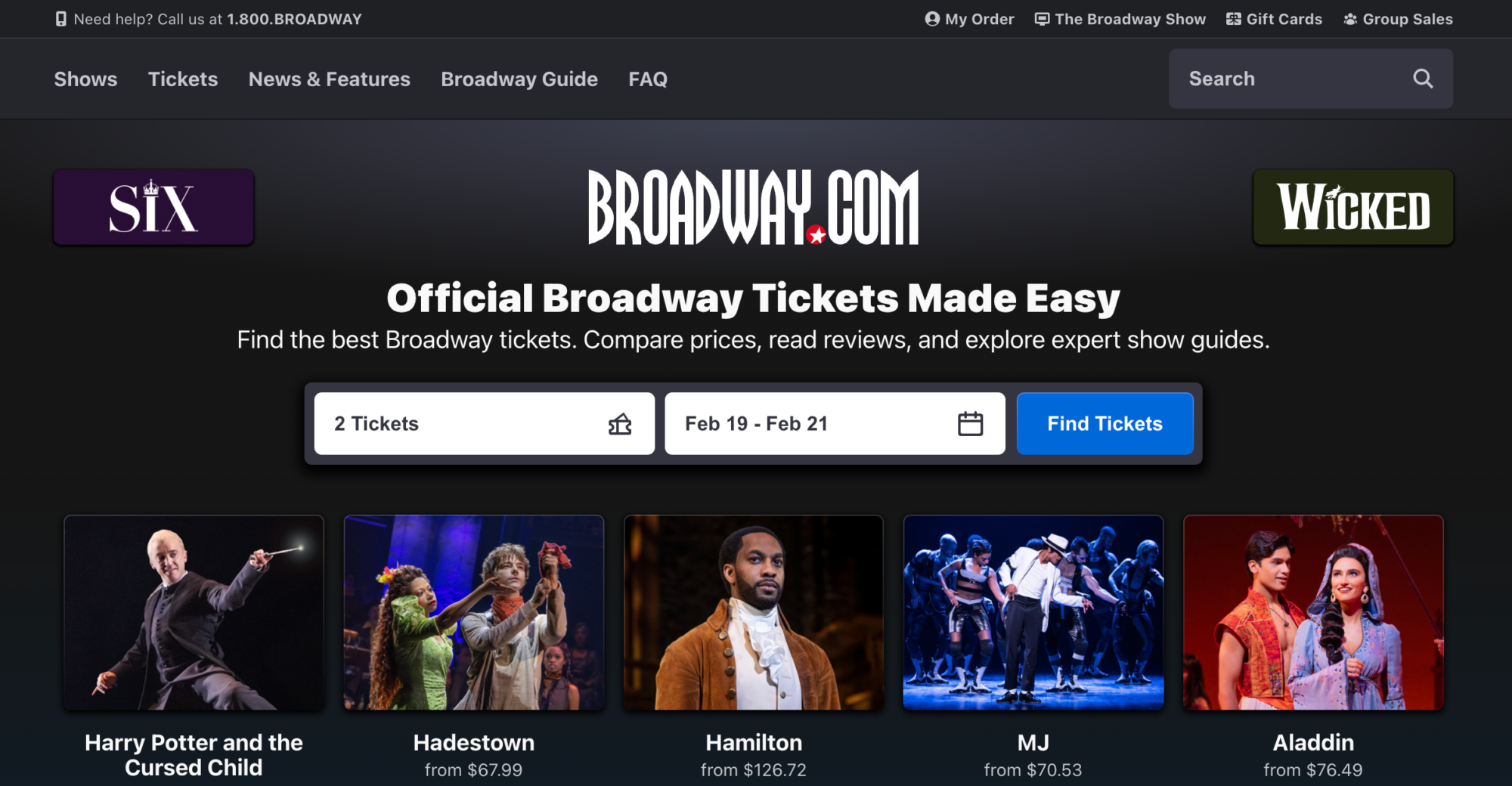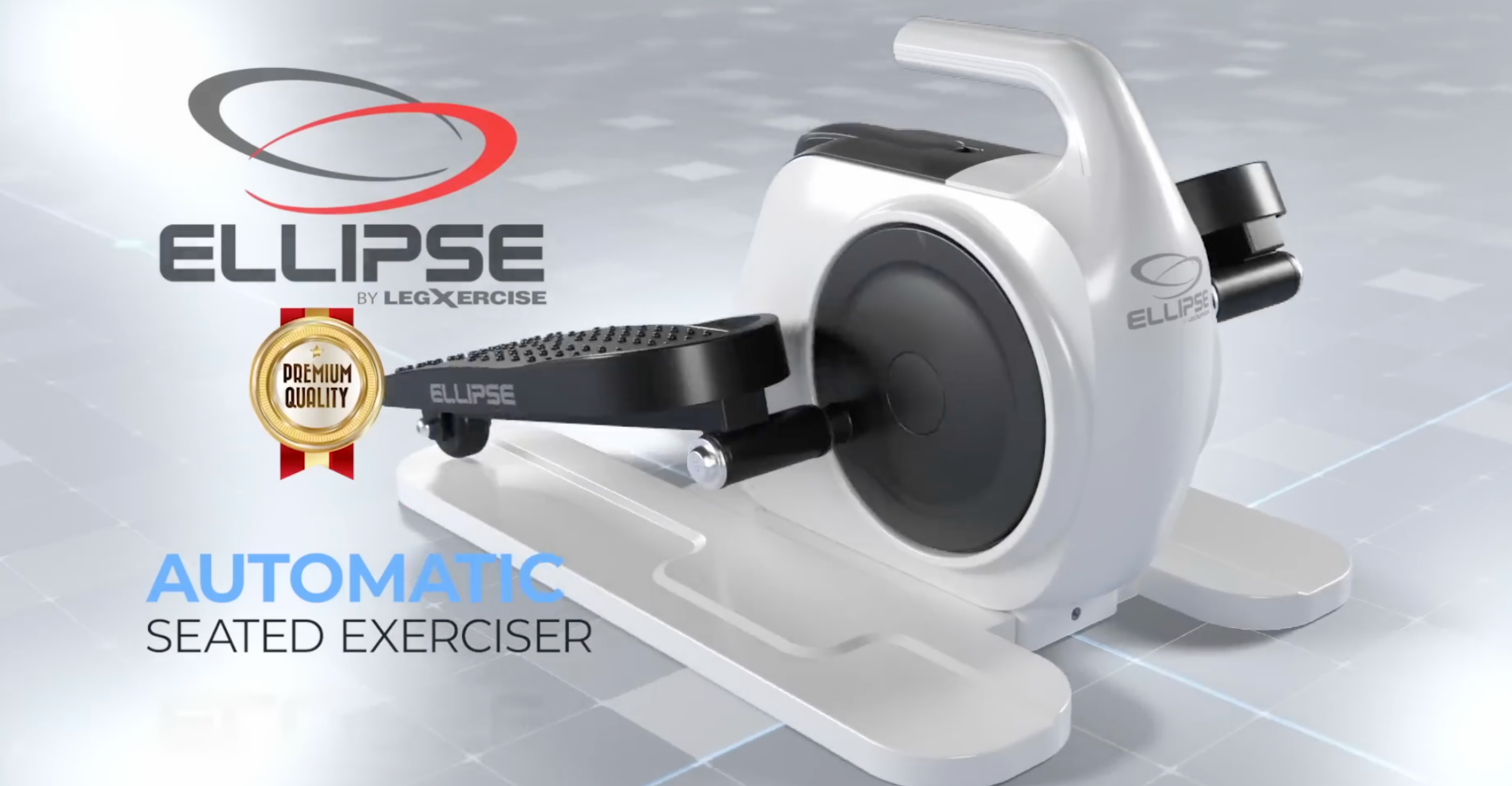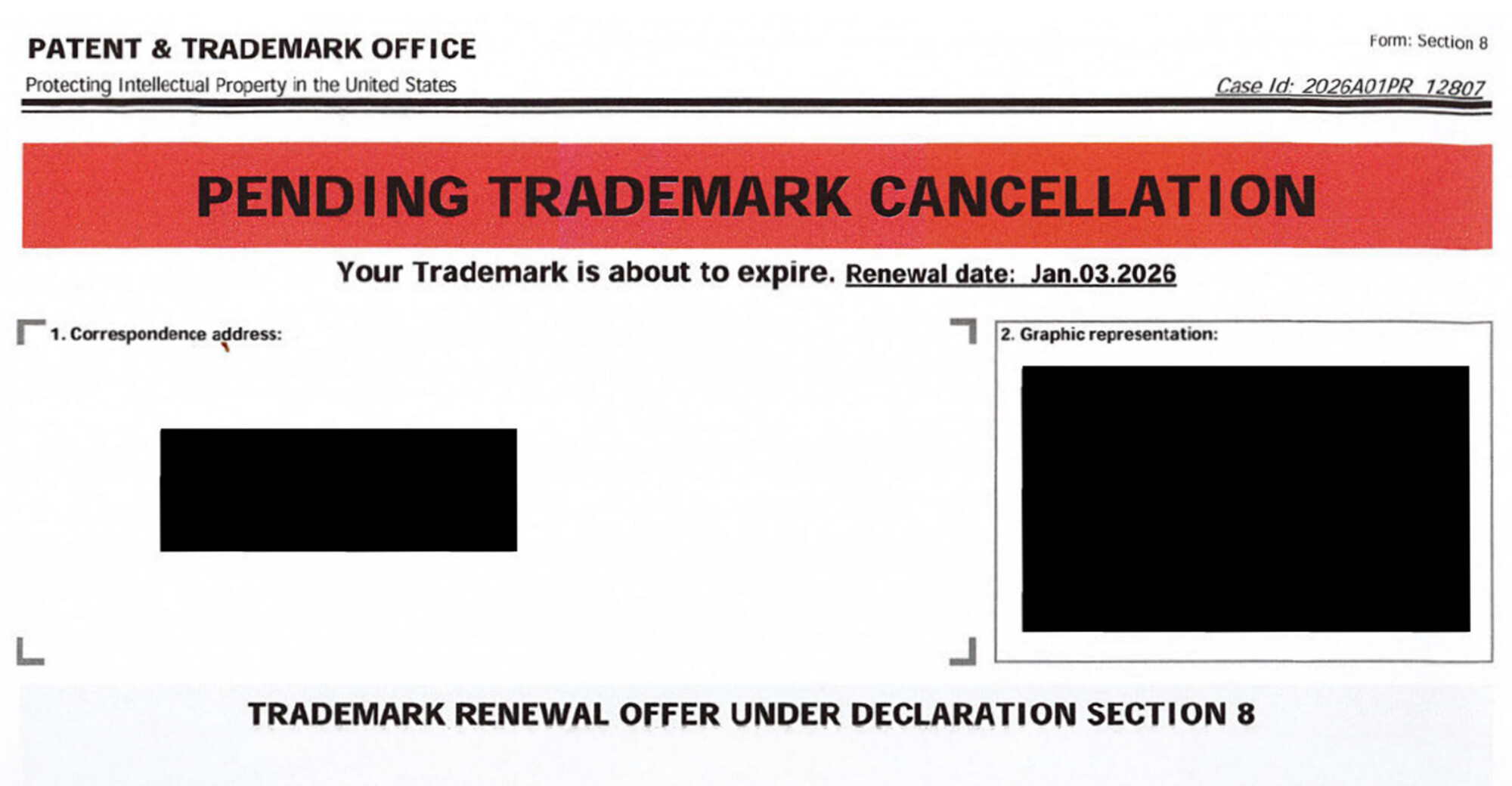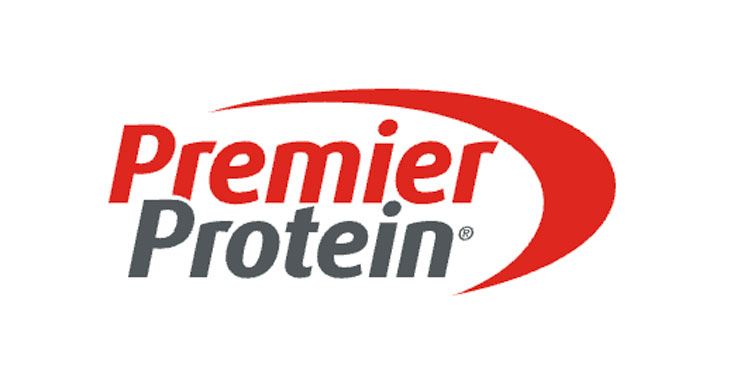
Premier Protein Shakes and Plant Powders
Allegations: Failing to disclose that products contain dangerous amounts of lead
January 2019: A federal judge granted final approval of this settlement agreement.
September 2018: A federal judge preliminarily approved a settlement agreement in which the company agreed to provide class members with a cash award for each Premier Protein Shake product purchased. Class members with proof of purchase may receive $1 for each product purchased for a maximum award of $40 and class members without proof of purchase may receive $0.50 for each product purchased for a maximum award of $20. In addition, the company agreed to review its manufacturing procedures and to implement practices to minimize the variability in the amount of protein in them. A final fairness hearing is scheduled for January 17, 2019. For more information, go to https://www.proteinshakesettlement.com/.
August 2017: A class-action lawsuit was filed against Premier Nutrition Corp. for allegedly misrepresenting the amount of protein in Premier Protein brand ready-to-drink protein products and protein bars. The complaint alleges that the company misleadingly represents that the protein drinks contain 30 grams of protein per bottle when, according to plaintiffs, the drinks contain between 26.9 and 28.34 grams of protein. In addition, the complaint alleges that the company misleadingly represents that the protein bars contain 30 grams of protein per bar when, according to plaintiffs, the bars contain 25.9 grams of protein. (Gregorio et al v. Premier Nutrition Corp., Case No. 17-cv-5987, S. D. NY.)
For more information about other class-action lawsuits regarding protein products and TINA.org’s coverage of them, click here.
Allegations: Failing to disclose that products contain dangerous amounts of lead
The best wake up songs. The best cups of coffee. The best part of wakin’ up.
Pulling back the curtain on this official-sounding website.
Can these “robot” puppies replace man’s best friend?
Can you actually work out without the work?
MADISON, CONN. Feb. 11, 2026 – A company calling itself “Patent & Trademark Office” is violating the FTC’s Impersonation Rule as well as the FTC Act by falsely posing as…
